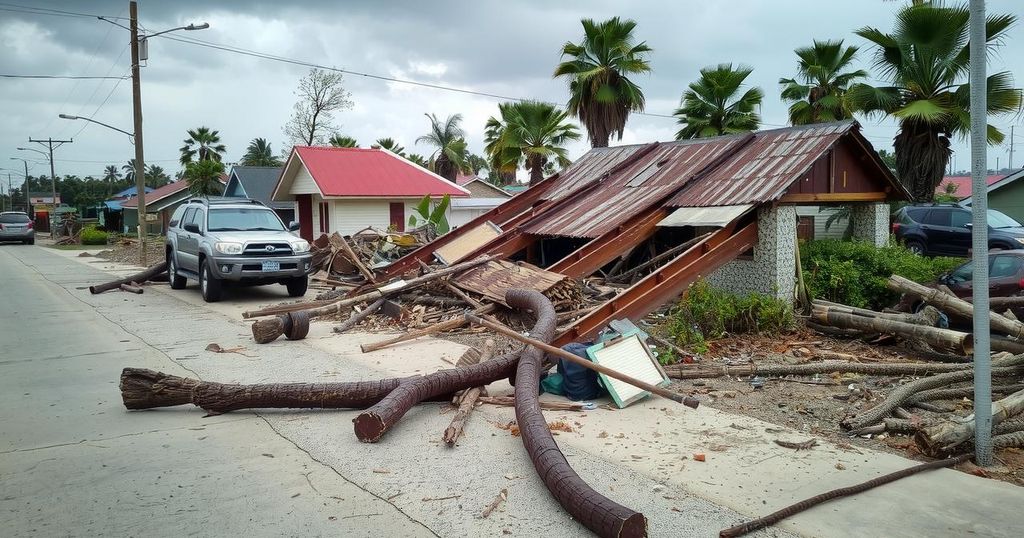Madagascar Evaluates Cyclone Chido’s Impact Amid Regional Preparations

Tropical Cyclone Chido threatens over 2.5 million people in Southern Africa with heavy rains and flooding as it impacts Mayotte and the Comoros. As the cyclone moves toward Mozambique, authorities are implementing preparedness measures and impact assessments to mitigate risks and coordinate emergency responses.
As of December 14, Tropical Cyclone Chido has caused significant weather disturbances as it impacted Mayotte and the Comoros Islands, prompting assessments of potential damage and risks in regions expected to be affected. Authorities predict that over 2.5 million people in its projected path may face heavy rainfall, flooding, and mudslides, especially in Mozambique, where more than 1.7 million individuals are at risk. Chido has recently passed near northern Madagascar with no immediate reports of damage or casualties, though the weather remains unstable. As the cyclone progresses towards Mozambique, preparations and monitoring efforts are being intensified in the affected nations to mitigate adverse effects and coordinate responses.
The emergence of Tropical Cyclone Chido occurred in early December, evolving into a severe weather event by the 10th, when it reached Category 4 status. Its trajectory has been monitored closely as it moved across substantial populations, bringing with it hazardous weather conditions that pose risks of flooding and infrastructural damage. The affected nations are gearing up for emergency responses in line with established protocols for severe weather events, emphasizing the protection of lives and property in these vulnerable areas.
In conclusion, the ongoing developments surrounding Tropical Cyclone Chido highlight significant risks for millions in its path, notably in Mozambique, Malawi, and the Comoros. Authorities are actively preparing for possible impacts, including hazardous weather conditions and the need for immediate relief efforts. The collaboration among regional and national agencies represents a critical response strategy as they seek to protect communities from the cyclone’s potential devastation.
Original Source: allafrica.com





